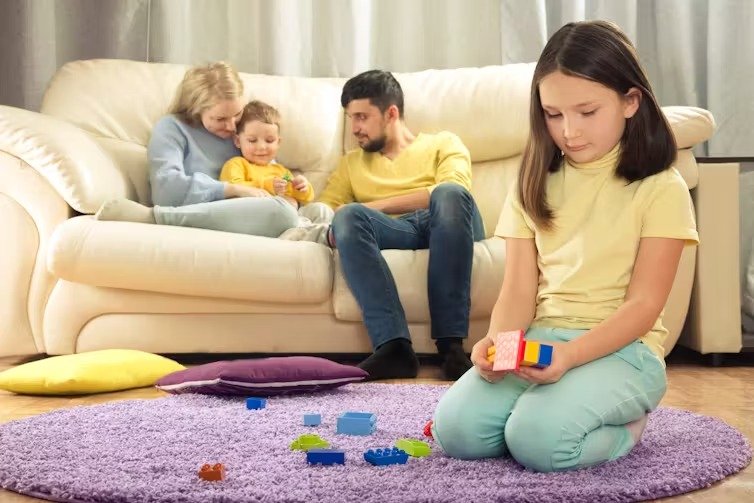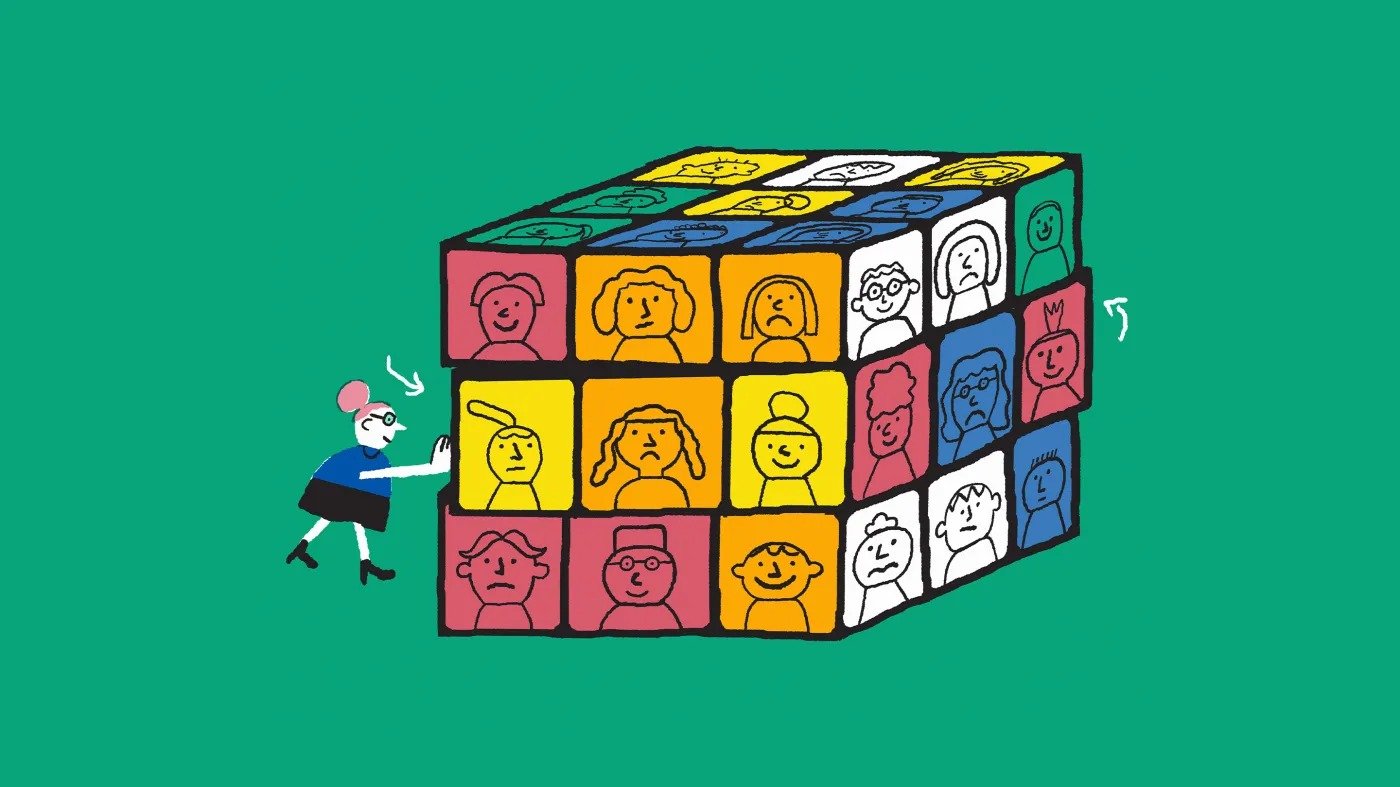When parents play favourites, what happens to the kids?

Source: https://theconversation.com/
As adults, siblings often joke about which child was favored, but this may reflect lingering feelings of favoritism from childhood. A study found that nearly 85% of adults believed their mother had a favorite child. This perception of favoritism can persist into adulthood, with many still feeling upset about unequal treatment they experienced growing up.
Research shows that parents do interact differently with their children, but small differences in treatment generally have minimal impact on adult relationships. Studies comparing parental interactions with each child—such as laughing, playing, or arguing—reveal that only significant disparities in treatment affect children’s health and future relationships. Minor differences in how siblings are treated typically have little consequence.
Research shows that personality fit significantly affects how parents interact with their children. Parents may connect more closely with one child due to differences in personalities, such as social tendencies or learning abilities.
Genetic factors also play a role, as parents tend to treat identical twins more similarly than non-identical twins. Age and developmental stages influence parenting approaches as well. However, parental stress, such as financial issues or mental health problems, can exacerbate differences in how siblings are treated, leading to more noticeable favoritism.
Perceived favoritism among siblings can lead to a sense of distance and decreased closeness both during childhood and in adulthood. Research shows that significant favoritism negatively impacts the well-being of all siblings, not just the one receiving special treatment. The reasons for this are unclear, but it may stem from feelings of injustice or fear of shifting from favored to unfavored status. However, when parents explain their differential treatment by citing reasons such as varying personalities, ages, or needs, it tends to reduce children’s distress.
Five Tips for Fairer Parenting
- Be aware. The first step is to be aware that it happens, and to seek out help or support from partners, family members, friends or health professionals — to try to understand why it happens. As a reminder, playing favourites is more likely to occur when your stress levels are high.
- Listen. When your child complains or you see fights between siblings in which they mention one getting more than another, try not to discount it. Be receptive to the child’s feelings and think about why they might be feeling this way.
- Provide an explanation. Sometimes, children do need to be treated differently, like when one child is sick, hurt or has special needs. When this happens, explain it to avoid any misunderstanding.
- Avoid comparing children. While it may be a natural tendency to say “why can’t you be more like your sister?” this sets up an unfair comparison. Try to focus on what each child does well, without pitting them against one another.
- Carve out individual time for each child. As much as possible, try to find 10 minutes each day to spend one-on-one with each child so that each has your full attention. Do any activity that they love to do with you.
Read More: https://childreninfobank.com/safebank/when-parents-play-favourites-what-happens-to-the-kids/
Image Source: https://theconversation.com/





